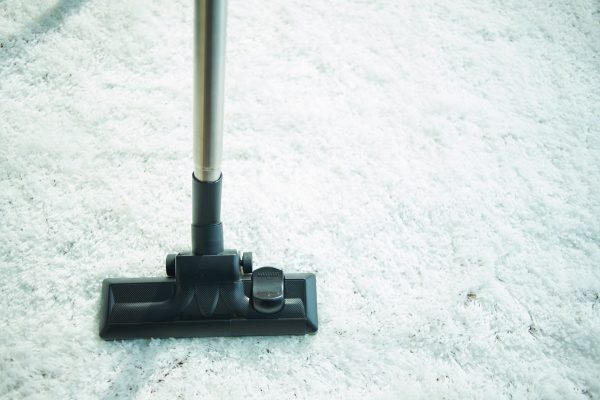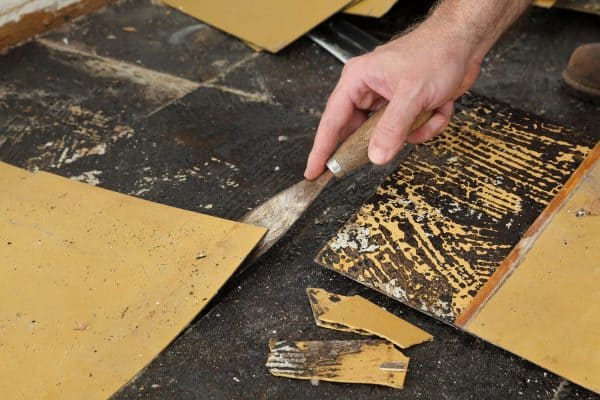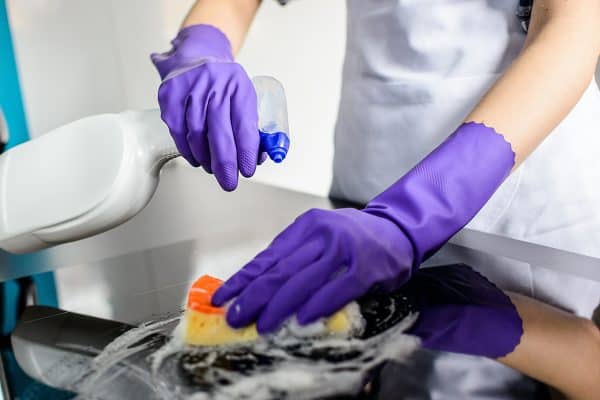Rubbing alcohol is a common household cleaning agent that is often used to remove dirt, grime, and other contaminants from metal surfaces.
But is it safe to use on all types of metal?
In this article, we'll take a look at whether rubbing alcohol can damage metal and what precautions you should take when using it to clean metal surfaces.
How Does Rubbing Alcohol Affect Metal?
If you are wondering whether rubbing alcohol can damage metal, the answer is not straightforward.
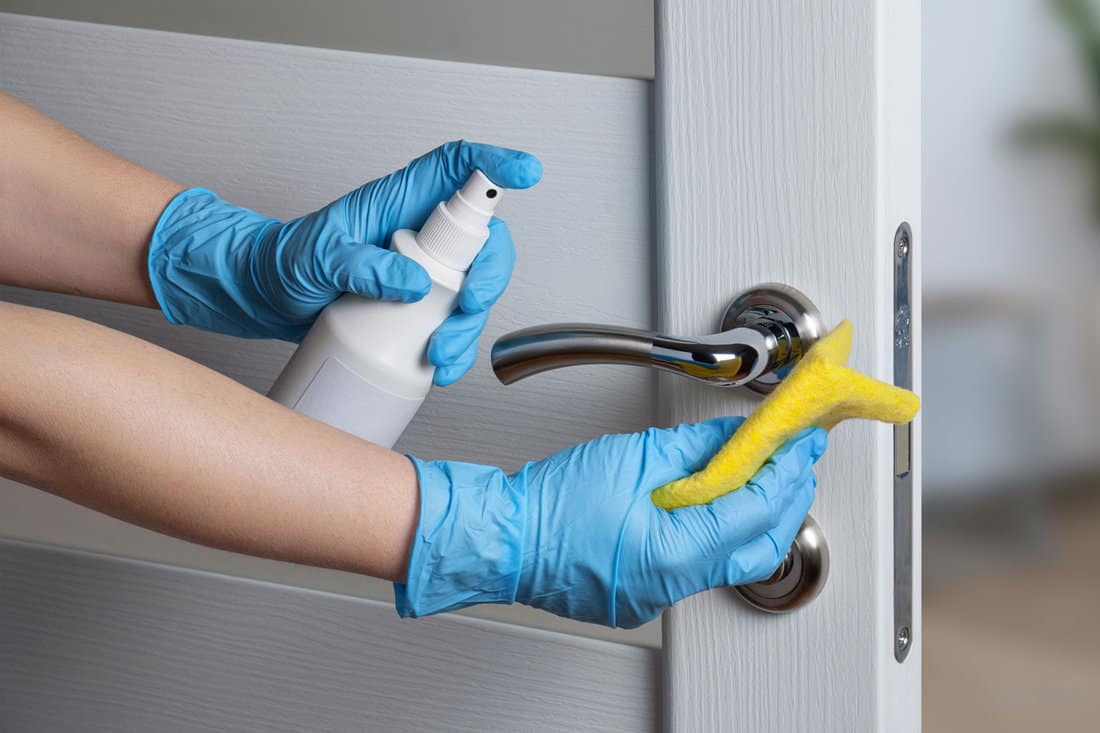
It depends on the type of metal and the concentration of alcohol used. Here are some of the ways rubbing alcohol can affect metal:
Corrosion
One of the most common ways rubbing alcohol can damage metal is by causing corrosion.
When alcohol comes into contact with metal, it can react with the metal and cause it to corrode.
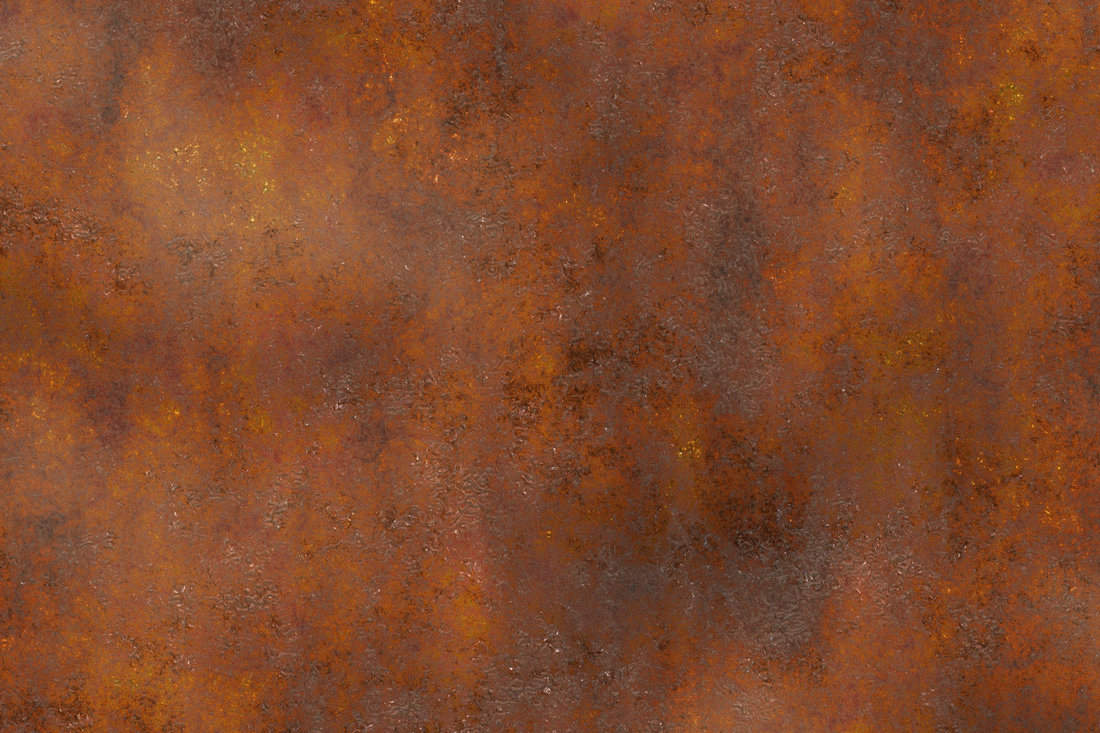
We may include affiliate links and curated AI content to highlight top design styles.
This can happen quickly, especially if the metal is not properly protected or coated.
Corrosion can weaken metal and lead to damage.
You might also like: Does Rubbing Alcohol Damage Leather? How Do You Clean It?
Discoloration
Rubbing alcohol can also cause discoloration on some types of metal. This is because alcohol can react with the metal surface and cause it to change color.

This is more likely to happen with metals like copper or brass.
If you notice discoloration on your metal, it may be a sign that the alcohol has caused damage.
Damage to Protective Coatings
If your metal has a protective coating, such as a layer of paint or varnish, rubbing alcohol can damage it.
Alcohol can dissolve some types of coatings, leaving the metal surface exposed and vulnerable to damage.
This can lead to corrosion, discoloration, and other forms of damage.
Overall, it is important to be cautious when using rubbing alcohol on metal surfaces.
If you're not sure if it is safe to use alcohol on your metal, you should test a small area of the metal first. This can prevent damage to your metal item.
Which Metals are Affected by Rubbing Alcohol?
While rubbing alcohol is generally safe to use on most metals, there are some exceptions.
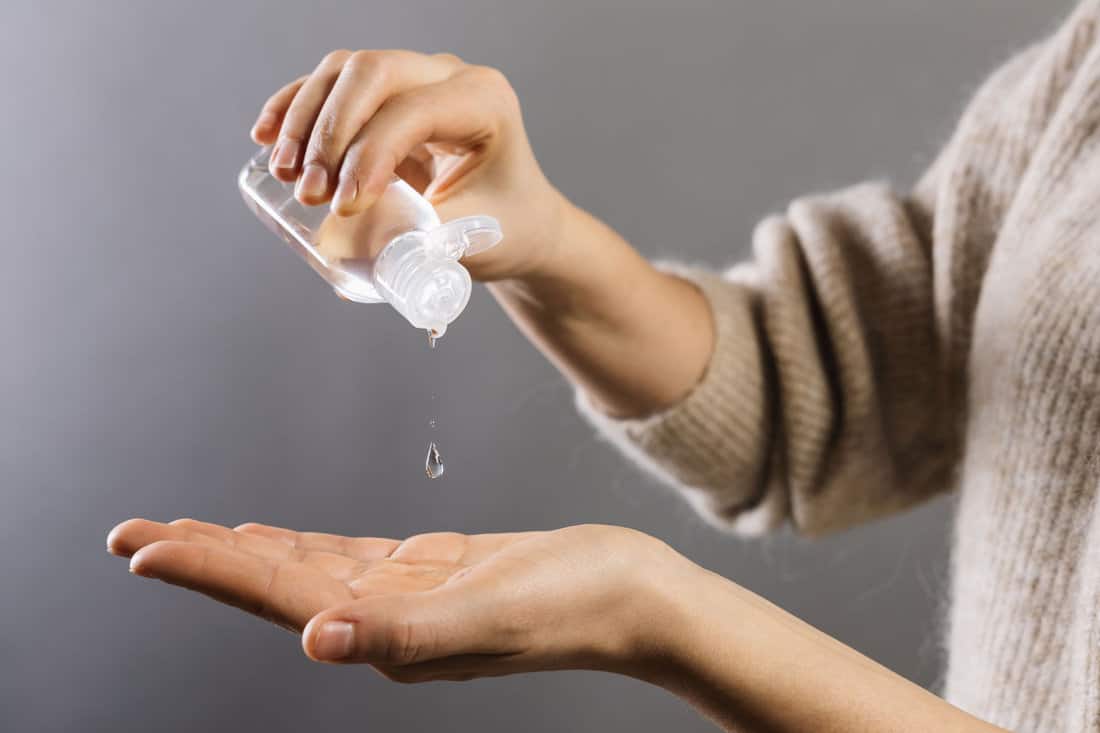
Stainless steel, copper, brass, and aluminum are generally safe to clean with rubbing alcohol, while silver and painted or anodized metals should be avoided.
Understanding which metals are affected by rubbing alcohol can help you make informed decisions about how to clean and disinfect your household items without causing any damage.
Here is a list of metals and their reaction to rubbing alcohol:
Aluminum
Aluminum does react with isopropyl alcohol to form aluminum isopropoxide, which is used as a chemical reagent and catalyst in various industrial processes.
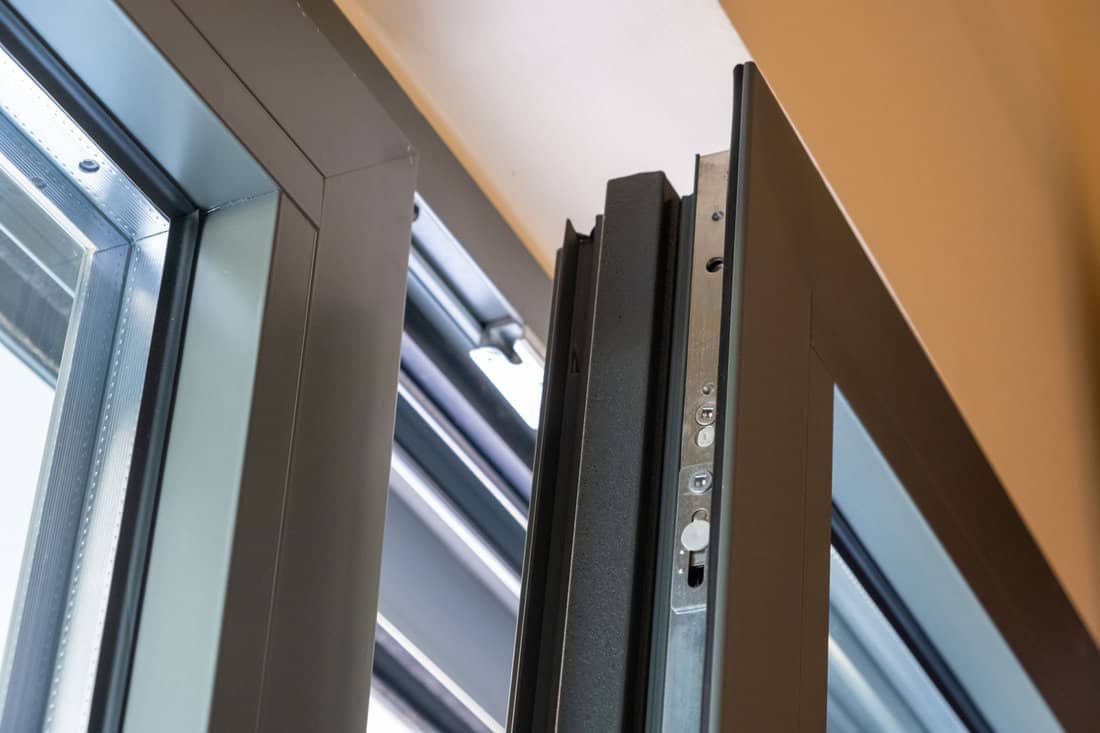
It is generally safe to use rubbing alcohol on aluminum. However, prolonged exposure to rubbing alcohol can cause damage to some types of aluminum finishes.
Copper
Rubbing alcohol can be used to clean copper surfaces and remove dirt and oils.
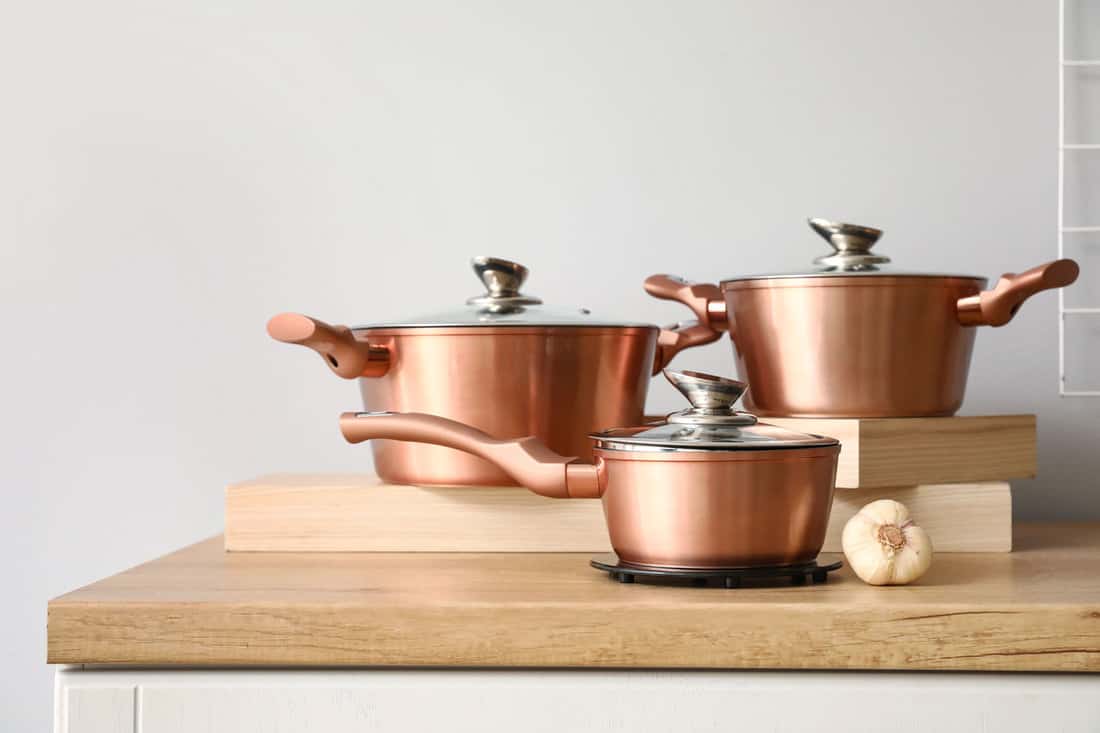
However, prolonged exposure to rubbing alcohol can cause a very thin oxidation layer to form on copper, which will form anyway on any totally raw surface.
You might also like: Does Rubbing Alcohol Damage Hardwood Floors?
Brass
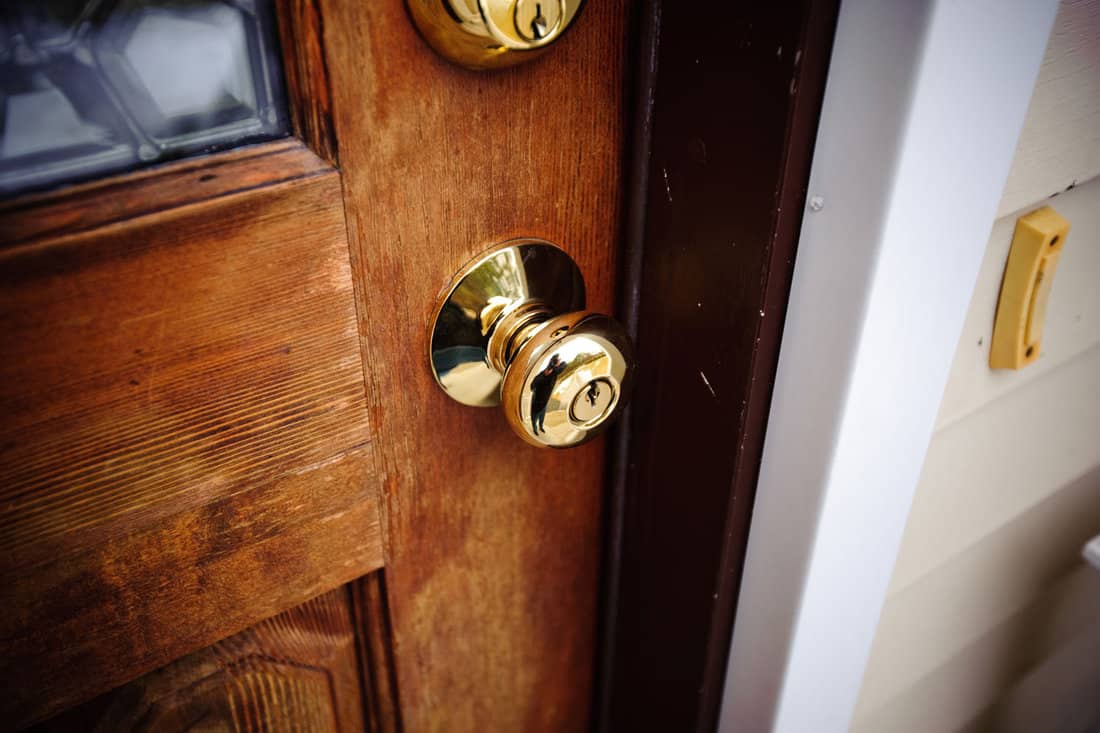
It is generally safe to use rubbing alcohol on brass. As with copper, prolonged exposure can cause a very thin oxidation layer to form on brass, which can affect the appearance of the brass surface.
Stainless Steel
Stainless steel does not react with isopropyl alcohol.
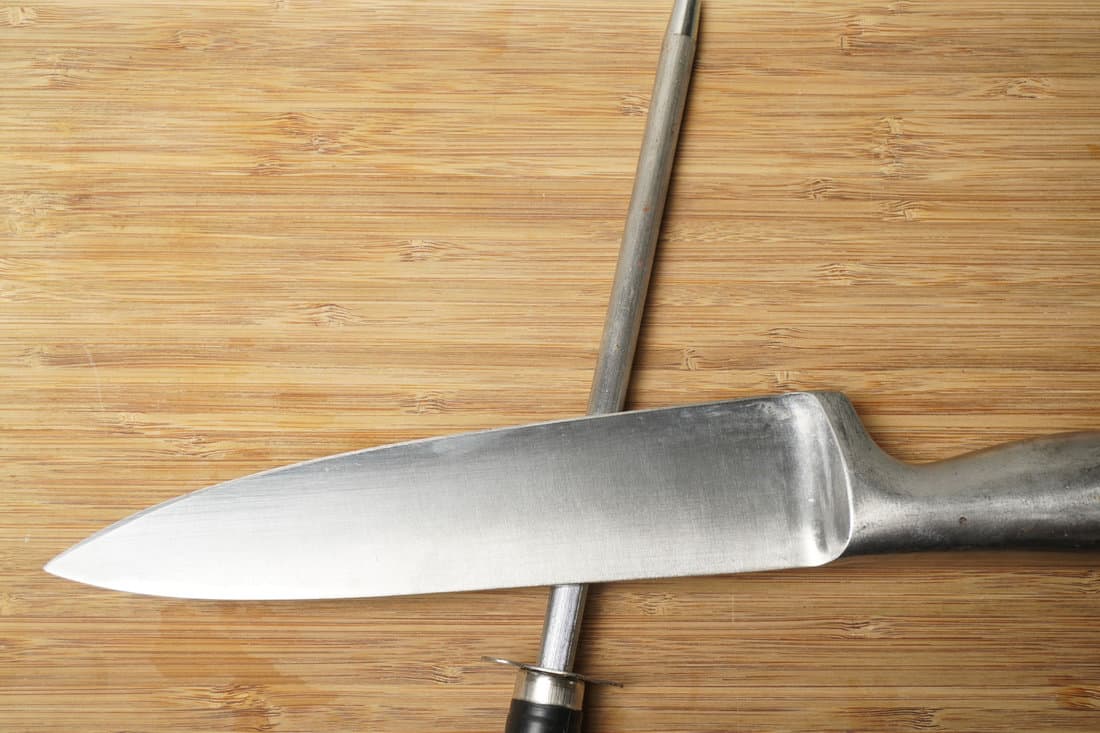
You can mix water and 70% isopropyl alcohol to create a safe, effective stainless steel cleaner.
Rubbing alcohol evaporates quickly without leaving a residue, making it the key to shiny stainless steel.
Silver
It is not recommended to use rubbing alcohol on silver. Rubbing alcohol can react with silver and cause discoloration, tarnishing, and pitting.
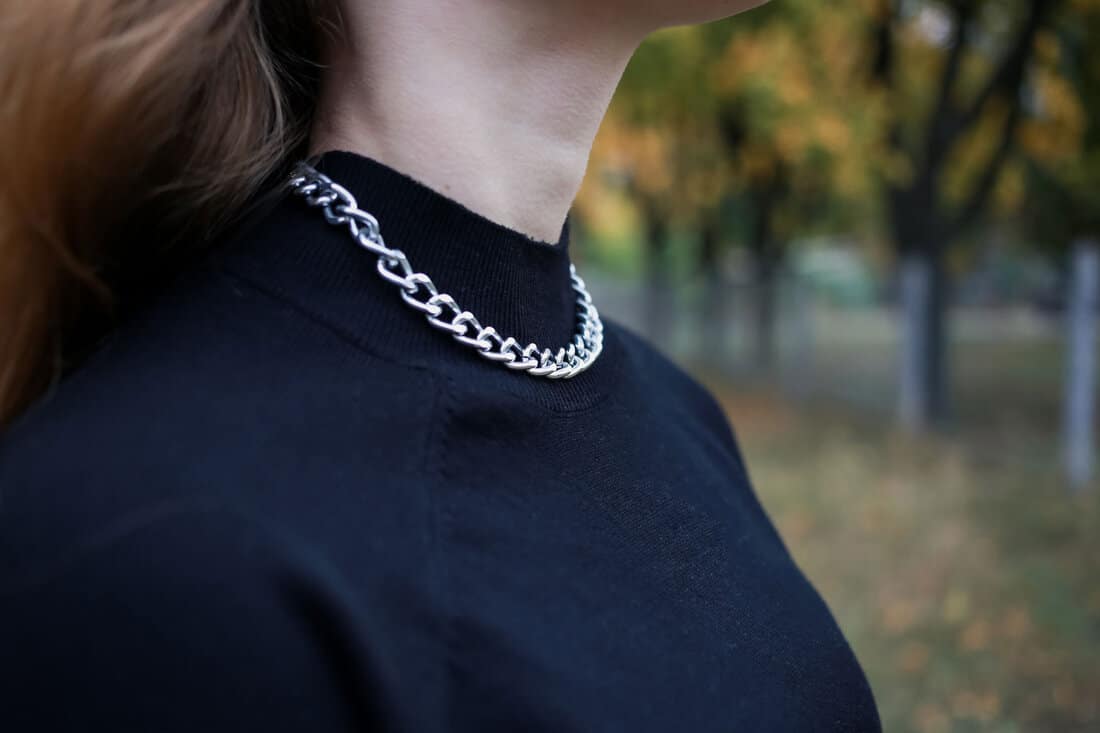
Silver is a soft metal that is easily damaged by harsh chemicals, including rubbing alcohol.
Instead, silver should be cleaned with mild soap and water or with silver-specific cleaning products.
How to Clean Metal Safely with Rubbing Alcohol
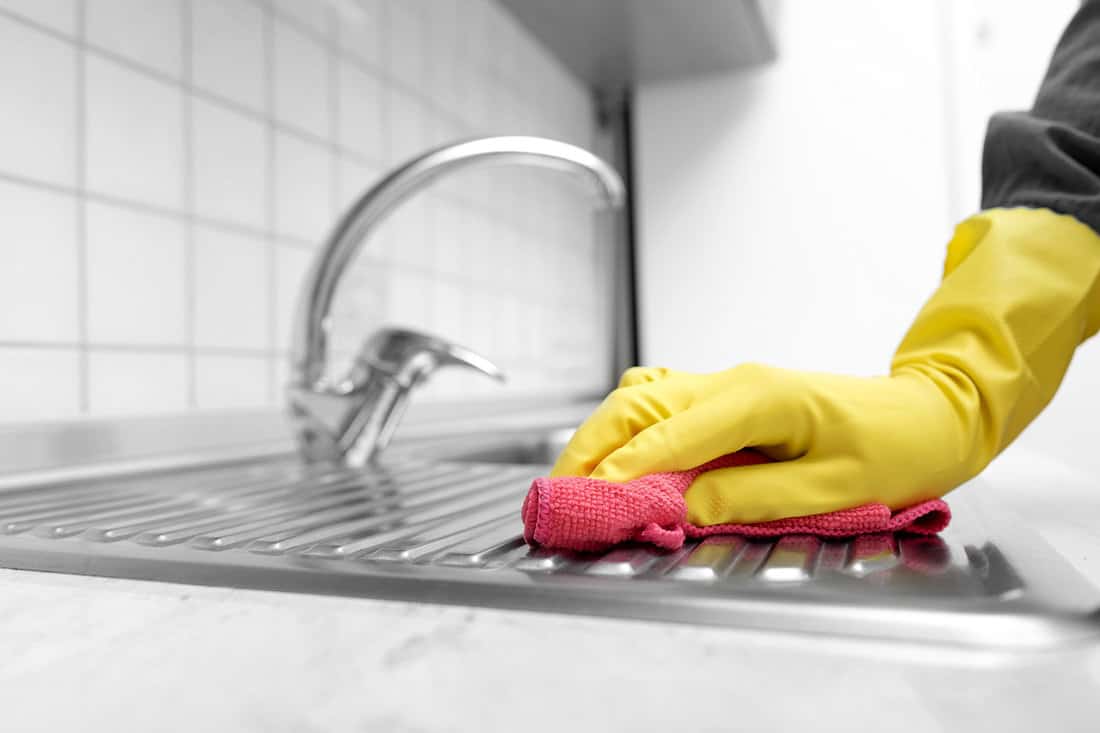
Preparation
Before you start cleaning metal with rubbing alcohol, make sure you have the following items:
- Rubbing alcohol
- Cotton swabs or a soft cloth
- Water
- A clean, dry towel
Check out this rubbing alcohol on Amazon.
Also, make sure the metal surface is cool to the touch and has no visible damage or rust.
If the metal is hot, wait until it cools down before cleaning it. If the metal has rust or damage, consult a professional for the best way to clean and repair it.
Cleaning Process
Follow these steps to safely clean metal with rubbing alcohol:
- Moisten a cotton swab or cloth with rubbing alcohol.
- Gently rub the metal surface in a circular motion, focusing on any areas with dirt or grime.
- If needed, dampen the cotton swab or cloth with water and gently wipe away any excess rubbing alcohol.
- Dry the metal surface with a clean, dry towel.
Don't apply too much rubbing alcohol or press too hard on the metal surface, as this can cause damage.
Also, avoid using rubbing alcohol on painted or coated metal surfaces, as it can cause the paint or coating to peel.
Be sure to check out: How To Get An Alcohol Smell Out Of Carpet
Post-Cleaning Care
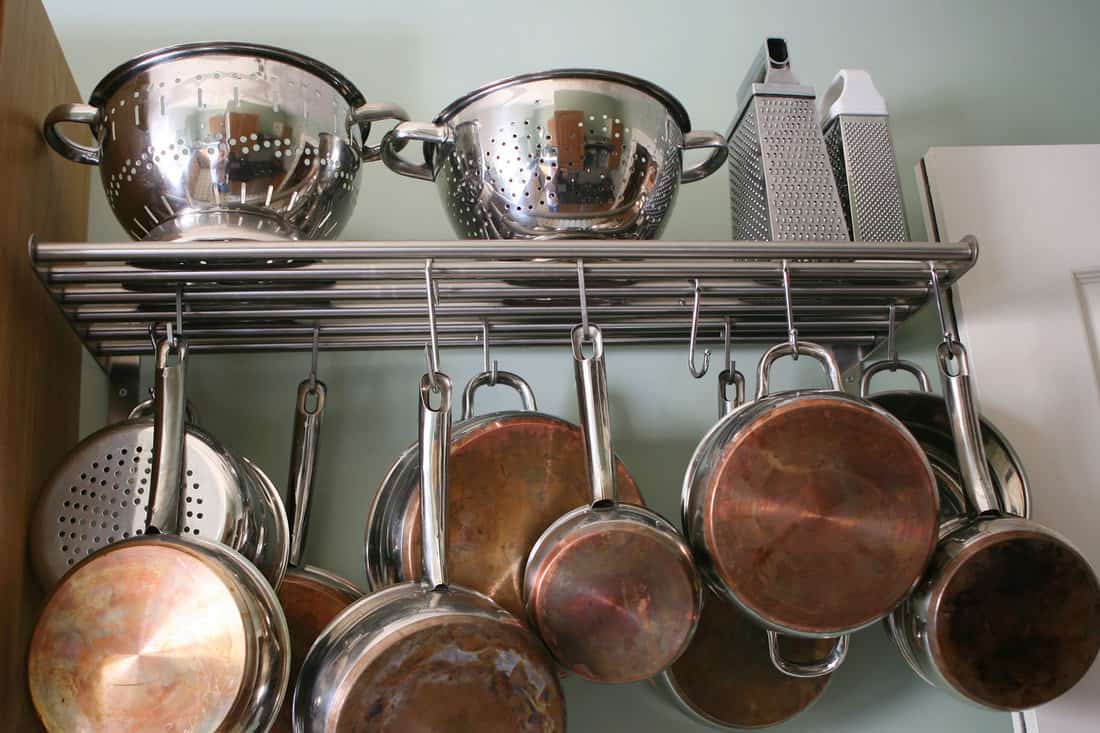
After cleaning metal with rubbing alcohol, it's important to take care of the surface to prevent future damage. Here are some tips:
- Store metal items in a dry, cool place to prevent rust and corrosion.
- Wipe down metal surfaces regularly with a clean, dry cloth to remove any dirt or dust.
- If the metal surface is exposed to moisture, dry it off immediately to prevent rust.
By following these steps and taking care of your metal items, you can safely clean them with rubbing alcohol and keep them looking their best.
Choosing The Right Cleanser For Your Metal Surfaces
It's safe to use rubbing alcohol on most metals, including stainless steel, aluminum, and copper.
If you are dealing with untreated steel, it's best to avoid using rubbing alcohol as it can cause rust or other damage.
If you have any doubts about whether or not rubbing alcohol will damage a particular metal surface, you should test a small area of the metal before applying it more widely.
You should follow the manufacturer's instructions carefully to avoid any potential damage or harm.


